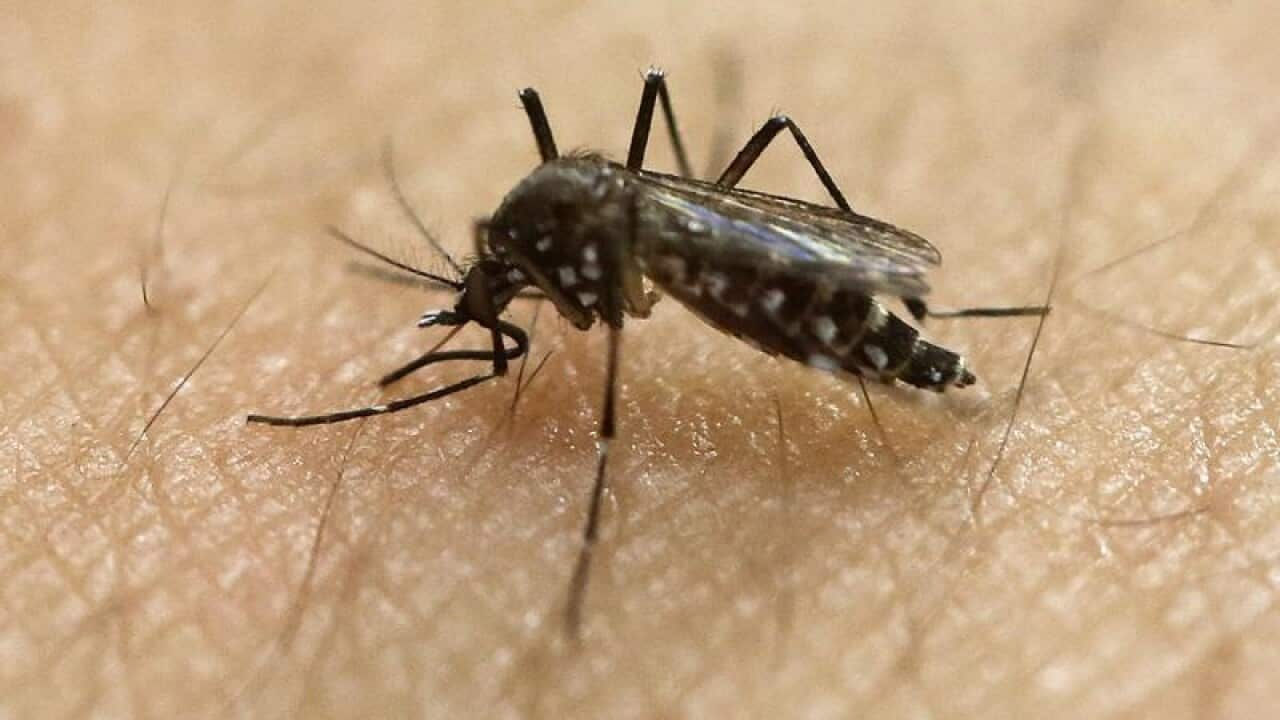Countless raffles, fun runs, golf days and luncheons have brought the world a little closer to finding an effective vaccine for a disease that kills 450,000 people each year.
Researchers from Queensland have developed a vaccine for malaria that shows great promise to be the first to be fully effective.
But for years, a lack of funding for clinical trials has stalled the vaccine from potentially saving lives.
Graham Jones became aware of this when he and fellow members of Rotary Australia listened to a talk by Griffith University researcher and young Rotary member Dr Danielle Stanisic in mid-2016.
After witnessing her passion, they could not stand by and do nothing.
They formed a committee of 14 enthusiastic members, led by Mr Jones, and joined forces with Griffith University's Institute of Glycomics in an effort to raise $500,000.
"It was really a dream at that stage," Mr Jones told AAP.
Rotary clubs across Australia held events ranging from raffles to luncheons to raise money for the Malaria Vaccine Project.
"There are 450,000 people, mostly young children and pregnant mothers, who die from malaria every year," Mr Jones told AAP.
"These little children didn't even get a chance to throw a ball around, they didn't get to go to school, they could have perhaps been prime minister of their country."
The Queensland government gave $50,000, before the federal government has announced on Friday it will match the funds for the trials, led by Professor Michael Good.
A rotary member approached Health Minister Greg Hunt at an event to talk about the project, a discussion that would lead to Rotary Australia making a formal funding application to complete to $500,000 funding goal.
Mr Hunt said the many research efforts to control malaria through a vaccine have tended to be only partially effective.
"This new approach will differ by using the entire malaria parasite to develop the vaccine and holds great promise," he said.
"It has proven highly effective in animal trials and has been shown to be safe in humans, with the next step to undertake human clinical trials."
The trials may still need about another $500,000 to get off the ground, Mr Jones said, with his team planning to reach out to big businesses next for support.
"That's the frontier we now really need to push hard, because there's got to be a lot of companies out there who are working in global areas where malaria really is a major problem."









